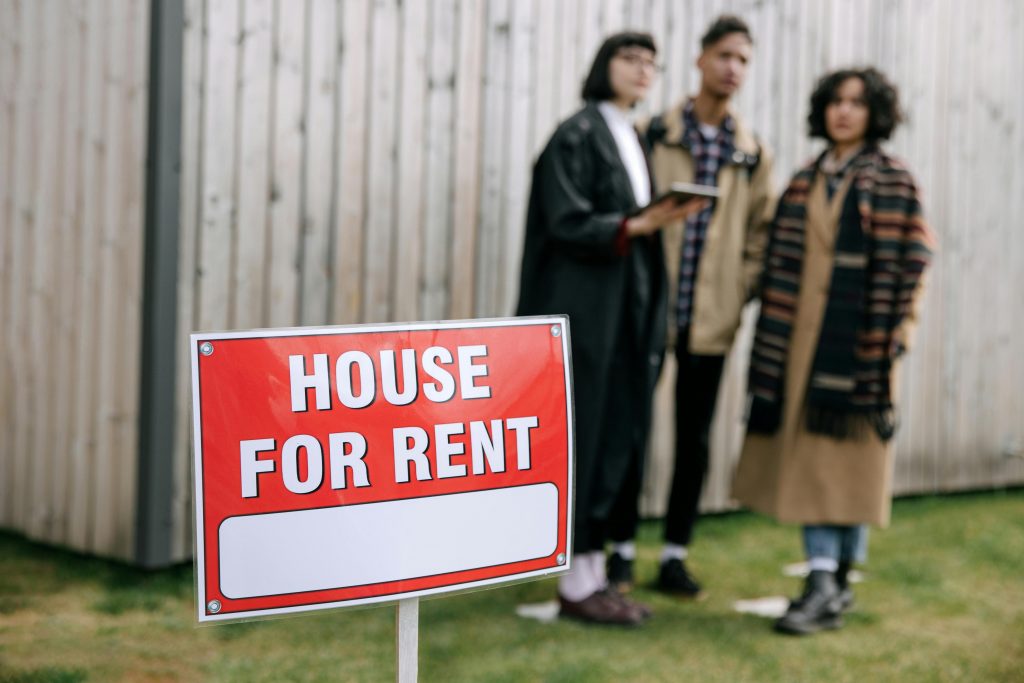- Maximize rental property ROI by leveraging tax deductions, including mortgage interest and depreciation write-offs.
- Strategically raise rents to market rates to increase profits while maintaining tenant satisfaction.
- Invest in cost-saving upgrades and durable materials to reduce long-term maintenance and operational expenses.
- Screen for reliable tenants with stable incomes and good credit scores to minimize financial risks.
- Consider the potential higher profits of short-term rentals, ensuring compliance with local regulations.
Rental properties can be a great source of passive income, but only if you’re maximizing your return on investment (ROI). Whether you own one rental property or several, there are strategies you can use to increase your profits and improve your bottom line.
This blog post explores some of the best ways to unlock profit potential in your rental properties.
Take Advantage of Tax Benefits
One of the most significant advantages of owning rental properties is taking advantage of numerous tax deductions. These include mortgage interest, property taxes, repairs and maintenance, insurance premiums, and more. Taking advantage of these deductions can reduce your taxable income and increase your profits. Consult with a tax professional to ensure you’re taking full advantage of all available deductions.
Depreciation Write-Off
In addition to the deductions mentioned, rental property owners can benefit from the depreciation write-off. This allows you to deduct the costs of buying and improving your property over its useful life, as defined by the IRS. Additionally, you might be eligible for deductions related to home office expenses if you manage your rental business from your primary residence. These deductions can further decrease your overall tax burden, increasing your annual ROI.
Pass-Through Taxes
It’s also worth exploring opportunities for pass-through tax deductions and potential credits for energy-efficient improvements. Always keep meticulous records of all expenses and consult with a tax professional to ensure you capture the full benefits your rental properties can offer.
Increase Rent Strategically
If tenants are happy paying their current rent prices, it may be tempting to avoid raising rents. However, keeping rents low could cost you money in the long run. By gradually increasing rent prices over time (within legal limits), you’ll be able to maximize your returns on investment while still maintaining tenant satisfaction. Conduct market research to determine how much similar properties are renting for in your area and adjust accordingly.
Work with Professionals
Rental property owners often try to handle everything themselves to save money. However, working with professionals can help you increase your ROI by providing valuable insights and expertise. For example, hiring a professional property management company can help you maximize rental income, reduce vacancies, and ensure that your properties are well-maintained. Similarly, an accountant or tax professional can help you maximize your tax deductions and ensure compliance with relevant laws and regulations.
Implement Cost-Saving Measures

Another way to increase profitability is by implementing cost-saving measures throughout rental property operations. This could include installing energy-efficient appliances and lighting fixtures that reduce utility bills or implementing a preventative maintenance program that catches minor issues before they become large (and expensive) problems.
Modern Technologies
Moreover, investing in modern technologies like smart thermostats can provide significant savings. These devices adjust heating and cooling in your property based on occupancy and time of day, thus reducing unnecessary energy consumption. Low-flow toilets and showerheads can diminish water usage, leading to lower bills and more sustainable operations.
High-Quality Materials
Landlords should also consider the long-term savings of using durable, high-quality materials for repairs and renovations. However, the upfront cost may be higher, and they tend to require less frequent replacement or maintenance. Conduct an energy audit to identify other potential areas for savings and create a plan that reduces costs while maintaining or improving tenant comfort and satisfaction.
Target Desirable Tenants
Not all tenants are created equal when maximizing ROI – some may be more likely than others to pay rent on time or take better care of the property. When screening potential tenants, look for those with stable incomes, good credit scores, and good rental history. By targeting tenants who are likely to be reliable, you’ll reduce the risk of financial loss due to non-payment or property damage.
Rigorous Screening Process
Implementing a rigorous screening process is vital to target the most desirable tenants. This includes conducting background checks, verifying employment, and speaking with past landlords. You want to ensure that the tenants have a history of being responsible and respectful of property.
Consider Short-Term Rentals
Finally, if your rental property is in a popular tourist area, consider renting it out as a short-term vacation rental. While this strategy requires more work and management than traditional long-term rentals, it can also result in higher profits due to the ability to charge premium rates during peak seasons.
Local Regulations
When considering short-term rentals, it’s essential to understand the local regulations, as rules and permits can vary widely between municipalities. Ensure compliance with city ordinances, zoning laws, and homeowners’ association rules to avoid costly fines and legal issues.
Maximizing ROI in your rental properties requires strategic planning and effective execution. By taking advantage of tax benefits, gradually increasing rent prices over time, implementing cost-saving measures, targeting desirable tenants, and considering short-term rentals in popular tourist areas, you can unlock the profit potential of your rental properties and achieve greater returns on investment. Remember that these strategies may not be appropriate for every situation – consult a professional advisor before making any major decisions about your rental property portfolio.






